Right to Housing is happy to share that Winnipeg City Council is supporting the creation of 231 units of social housing. These units will be spread out across seven housing projects owned by non-profit housing providers. Low-income tenants living in these units will pay rents that are no more than 30% of household income, or equivalent to social assistance rates for those who are eligible.
The City is supporting the development of these social housing units using the Capital Grant Incentive program it created out of the 3-year $122M in funding it received by the federal government’s Housing Accelerator Fund. This is the first of three expected rounds of funding that will provide grants directly to developers to create more housing. The first round offered a total of $25M dollars to 11 projects that will create a total of 1,135 new housing units.
In addition to creating 231 units of social housing (20% of all units), round one will also create another 366 units of affordable housing owned by private and non-profit housing providers (32% of all units). Depending on the project, the affordable units will charge rents based on one of the following three definitions of affordability for 20 years: at Province of Manitoba Affordable Housing Rental Rates; below 80% of median market rent for the area; or at 30% of median renter income for the area. The remaining 538 units created by round one (47% of all units) will rent at market rates.
There are 7,500 low-income households in Winnipeg that need social housing with rents set at no more than 30% of household income. The rents in affordable units, while lower than market rents, are not affordable to these households.
The 231 social housing units supported by the City are desperately needed. But we cannot stop here.
Right to Housing has called on Winnipeg City Council to support the creation of 2,250 units of social housing over the 3 years of the Housing Accelerator Fund agreement. This will put us on track to achieve the 7,500 units needed to address housing insecurity and homelessness over a 10 year period.
Achieving these targets will require partnership with the Manitoba government to ensure HAF dollars are supplemented with the additional capital and operating dollars that are needed to produce non-market housing with rents that are geared to income.
Contact the Mayor and City Council to thank them for investing in social housing and to encourage them to ensure future rounds of funding produce a greater share of social housing units.


